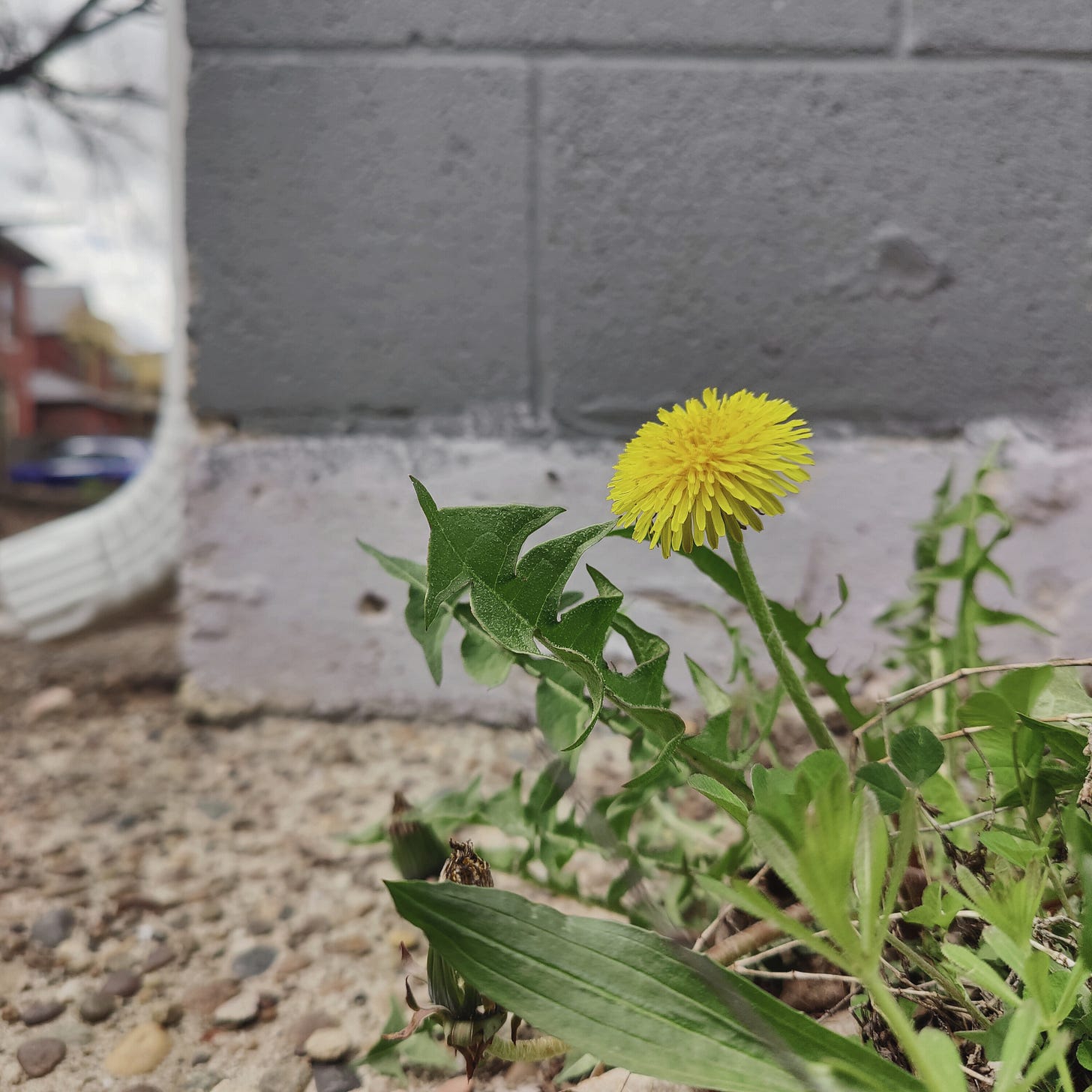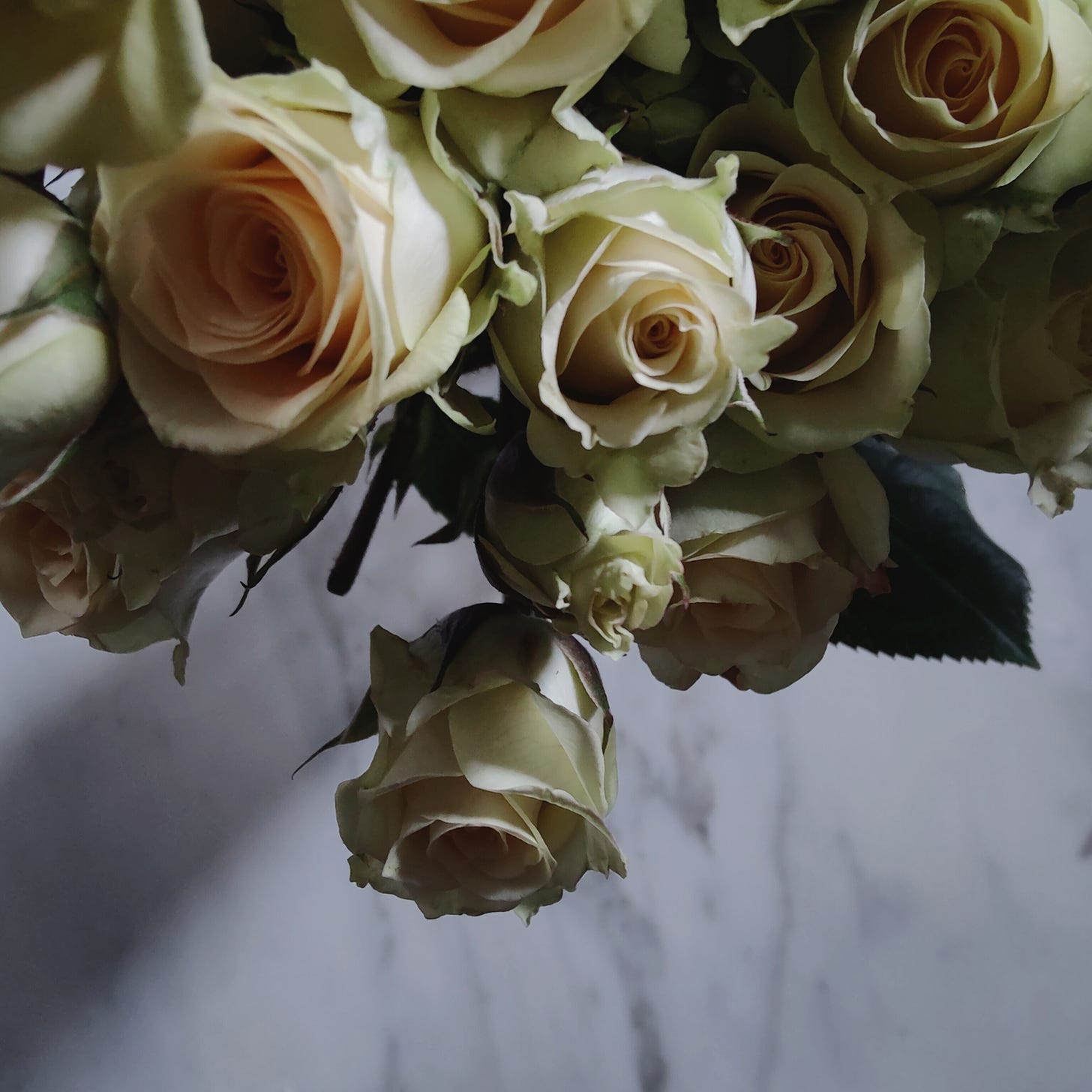When was the last time you were bored?
When I was a kid, the forbidden words “Mom, I’m bored” was rewarded with a chore or two (or three).
Boredom is often viewed empty and useless at best, and torturous at worst. We avoid it like the plague, filling the void with “productivity.”
But boredom is important, for your brain and your soul.
No one enjoys boredom, and we rabidly avoid the discomfort by searching for something—anything—to do.
And that’s the whole point. When you have nothing to do, your mind can do more. It finds connections, solves problems, unleashing the magic of the human imagination.
The brain is one of our super powers. Cool, right?
Except there’s a cellphone sized problem, hanging out in our pockets.
Boredom is like a hunger signal from your mind. Hunger drives you to eat. Boredom drives you to create, to think, to explore. If you constantly feed your boredom with cheap dopamine hits, your creativity suffers.
Your mind suffers.
You suffer, even if you aren’t an “artist.”
Your mind needs boredom, like your body needs a break from eating.
You don’t really enjoy eating if you’re never hungry, and you don’t really enjoy entertainment if you’re never bored.
It’s a fun paradox of humanity.
Tip #1 → Don’t Pull Out Your Phone When Life Gets a Little Boring
It’s easy to say and almost impossible to do. We’ve all found ourselves standing in line on a busy Friday afternoon, after spending the whole day working our butts off. Or maybe we’re sitting at a red light. Or on the toilet.
You get the idea. How do you pass the time?
Be honest.
Most people, myself included, open their email or scroll through social media.
But what if we didn’t?
In 1990, the train from Manchester to London encountered a delay. While stuck, one of the passengers brainstormed an idea for a book. Harry Potter and the Philosopher’s Stone emerged from that inconvenience.
Why?
Because the mind and imagination thrives on the dullest moments.
You might not be the next J.K. Rowling, but boredom serves an important purpose for your brain. Try becoming a people watcher (not a stalker). Look at what’s happening around you.
Tip #2 → Let Your Mind Wander (especially when doing mindless activities)
You need a break—your mind and your brain. That’s what sleep (and boredom) are for.
When distractions fill every minute of our time, our brains can’t rest. Even after a super hard day, scrolling on phone doesn’t actually help you rest. Stimulation from music, social media, texts, and videos keeps our brain alert, jumping from dopamine hit to dopamine hit.
It’s fun.
And it sucks.
Boredom helps us enter a level of creative thinking where our brain can actually make connections and problem solve.
This creative thinking is important for everyone, not just creatives. When your conscious mind spaces out, subconscious problem-solving comes out to play.
This is where great ideas are born.
My own thoughts wander the most when I’m exercising or cleaning the house. For me, menial chores are a treasure trove for discovering new story ideas, crucial plot points, and important backstory.
When faced with menial monotonous tasks, lean into the boredom.
Let your brain rest in the mindless activity. Wash the windows, make your bed, vacuum, fold laundry, or paint a room. Mow the lawn, pull weeds, rake leaves, or go for a walk.
You’ll be bored, your mind will wander, and you’ll be more rested (and creative) because of it. And your house will be super clean.
Silver lining.
Tip #3 → Embrace Real Silence
Why do our best thoughts come while in the shower?
Because it’s quiet.
The shower, in my opinion, is one of the few remaining sanctuaries of silence and solitude in our overstimulated world. The other is a literal church sanctuary. (I cannot tell you how many writing ideas I’ve had while in Mass.)
For thousands of years, silence was pursued as a spiritual discipline because it has a poignant effect on human beings. True silence forces you to confront your own thoughts, especially ones you’d prefer to ignore.
Silence is difficult to achieve and terrifying when you succeed.
I first experienced true silence in sixth grade during a trip to Kentucky’s famous Mammoth Cave. The tour guide asked us all to sit quietly while she turned out the lights. I couldn’t see anything. I couldn’t hear anything beyond my own heartbeat and breath. It was the coolest and creepiest thing I’ve ever experienced.
It’s hard to find silence exactly like that in our every day lives. But we can find a spot to be still and shut out most sounds, in the car, the closet, or the shower.
To just be.
Jesus did this a lot. (Smart guy, that Jesus.)
And remember, boredom is not the ultimate goal.
Boredom is one function of rest and nourishment, like sleep and food. Too much is a bad thing, and not enough is also a bad thing.
The goal is to be as fully human as we can.
Live in the moment you have right now, even if it’s a little boring.
Thanks for reading to the very end. You get a gold star! ⭐ Subscribe for free to receive new posts weekly, and to support my work.
This article was originally published as “How Boredom Can Make You a Better Writer” on StoryEmbers.org November 7, 2019 and edited by Rose John Sheffler May 2, 2025.







I got your new book from Word on Fire, Past Watchful Dragons, ordered by my local county public library system. They ordered two copies! 🙂